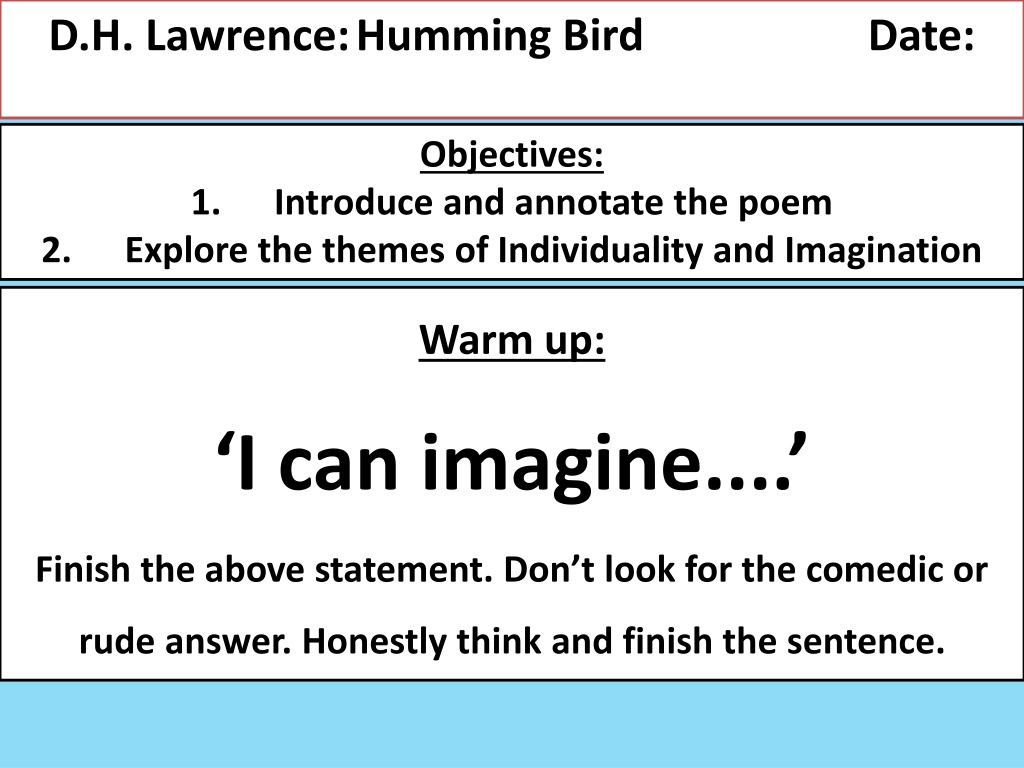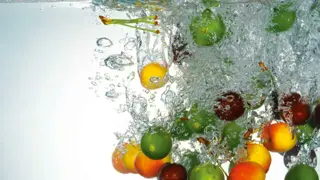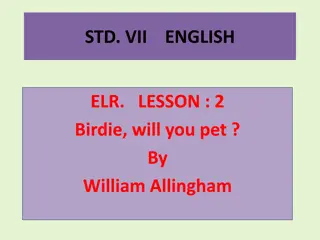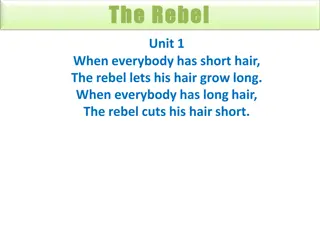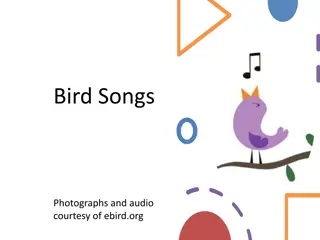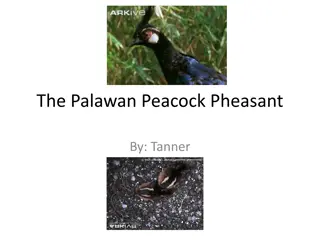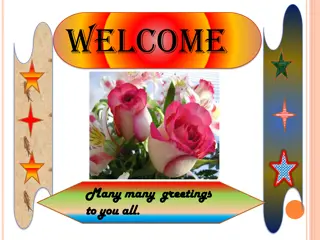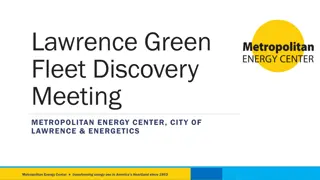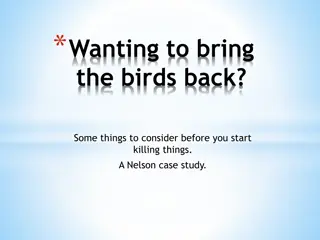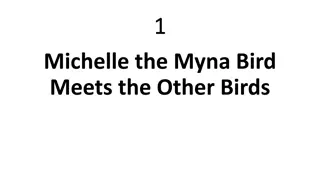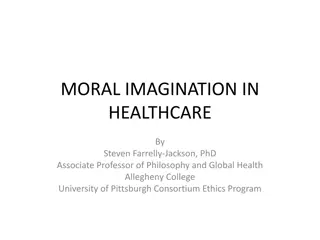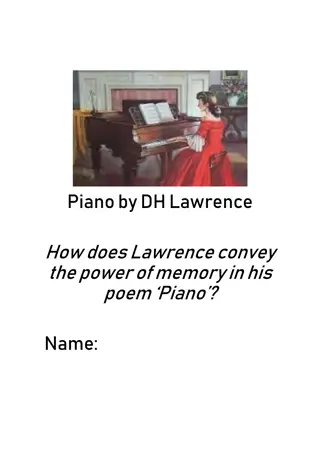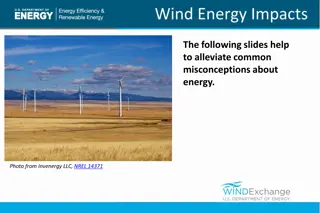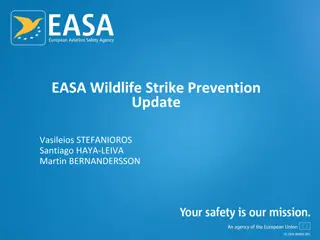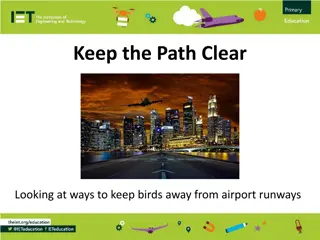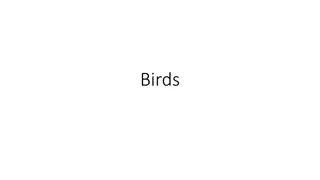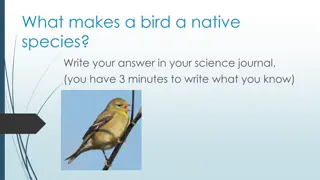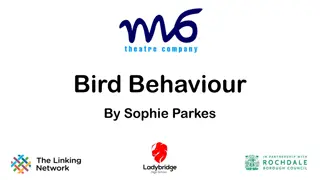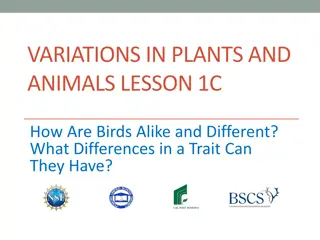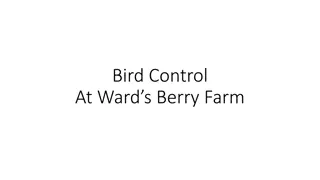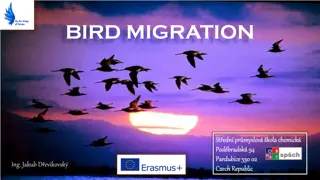Exploring Individuality and Imagination in D.H. Lawrence's "Humming Bird
Delve into D.H. Lawrence's poem "Humming Bird," where he envisions a world devoid of souls but brimming with the brilliance and speed of a hummingbird. Through vivid imagery, Lawrence explores themes of individuality and imagination, challenging modern science's impact on creativity. The free-verse poem captivates with its natural flow and thought-provoking comparisons, inviting readers to contemplate the power of imagination.
Uploaded on Sep 22, 2024 | 0 Views
Download Presentation

Please find below an Image/Link to download the presentation.
The content on the website is provided AS IS for your information and personal use only. It may not be sold, licensed, or shared on other websites without obtaining consent from the author. Download presentation by click this link. If you encounter any issues during the download, it is possible that the publisher has removed the file from their server.
E N D
Presentation Transcript
D.H. Lawrence: Humming Bird Date: Objectives: Introduce and annotate the poem Explore the themes of Individuality and Imagination 1. 2. Warm up: I can imagine.... Finish the above statement. Don t look for the comedic or rude answer. Honestly think and finish the sentence.
Context for this poem - note The poet was reading a book about humming-birds and noticed he had never seen one. This poem is him indulging in a flight of fancy, imagining the bird. Have you seen one?
Humming-Bird D.H. Lawrence I can imagine, in some otherworld Primeval-dumb, far back In that most awful stillness, that only gasped and hummed, Humming-birds raced down the avenues. Before anything had a soul, While life was a heave of Matter, half inanimate, This little bit chipped off in brilliance And went whizzing through the slow, vast, succulent stems. I believe there were no flowers, then, In the world where the humming-bird flashed ahead of creation. I believe he pierced the slow vegetable veins with his long beak. Probably he was big As mosses, and little lizards, they say were once big. Probably he was a jabbing, terrifying monster. We look at him through the wrong end of the long telescope of Time, Luckily for us.
Notes Form A free-verse, natural poem that gives the strong sense that the poet in thinking in the moment. You can hear the speakers voice I believe.. , Probably he was ... . The multiple adjectives he gives slows down the down while the active verbs speed it up.
Notes line 1-8 We are taken back in time to an awful place, pre- souls, barely liveable where the only distinct life is this bird. The speaker compares the decrepit land to the speed and brilliance of the bird. This bird may represent the poet. (Let s discuss this comparison).
Notes Lines 8-11 There are no flowers here. The bird is ahead of its time and ingeniously finds a way to survive. The bird may also represent imagination , taking life from tiny deposits and making it into flashing brilliance. Lawrence hated modern science. He believed it opposed and stifled the imagination. Thoughts?
Notes Lines 11-13 There is the feeling again that he is writing down these thoughts as they come to him, without censorship or change. He let s his imagination go wild.
Notes lines 14-15 He ends on a humorous twist, joking we are looking at it through the wrong end of a telescope. We may be looking at the entire world wrong? Do you agree with this sometimes that we look at things wrong? (Voting age?)
Questions: Remember quotes. 1. How is the world the speaker describes in the poem different to our world today? Give as much detail as you can. 2. How is the bird different to the word it inhabits? 3. What do you think the bird represents?
